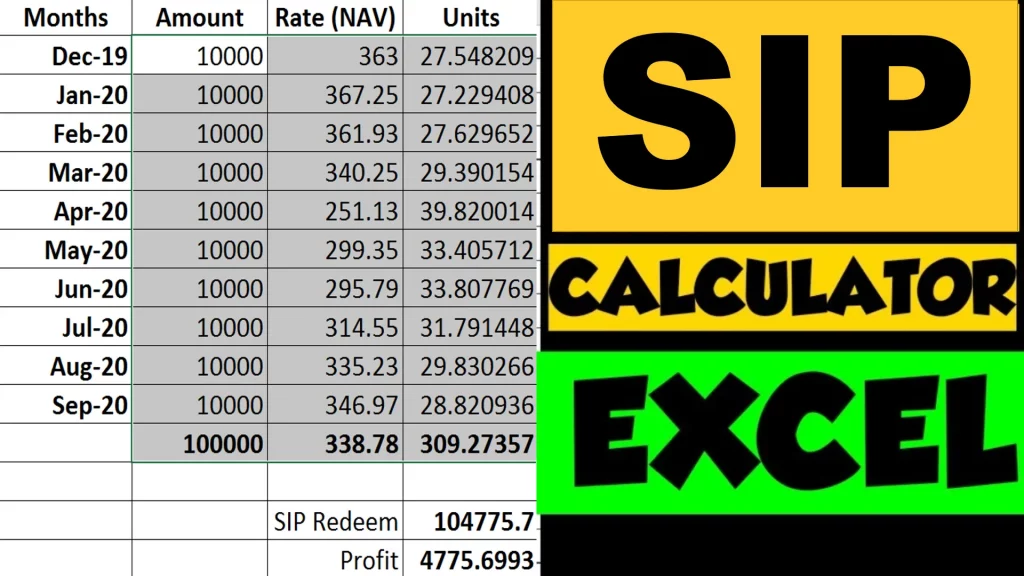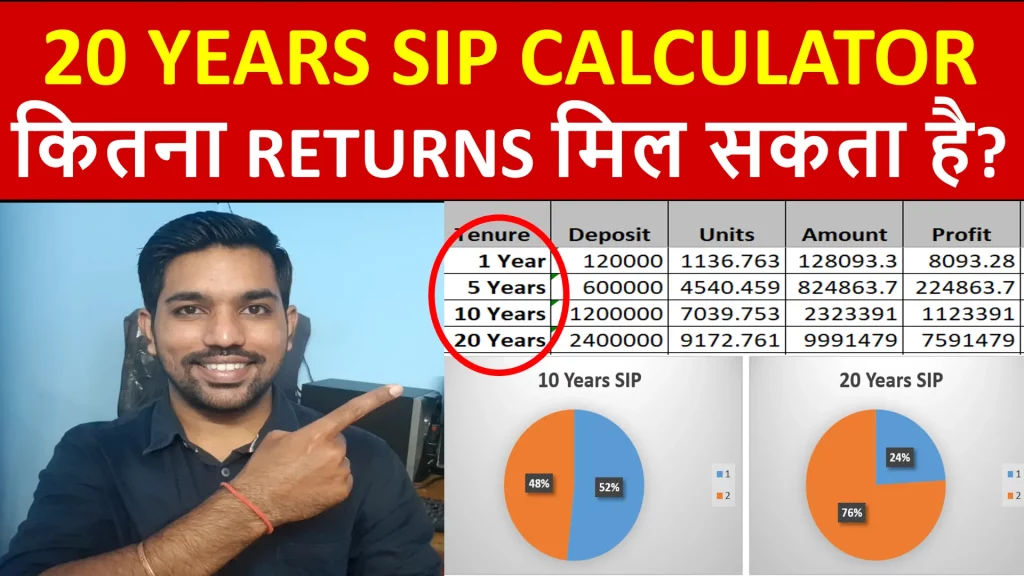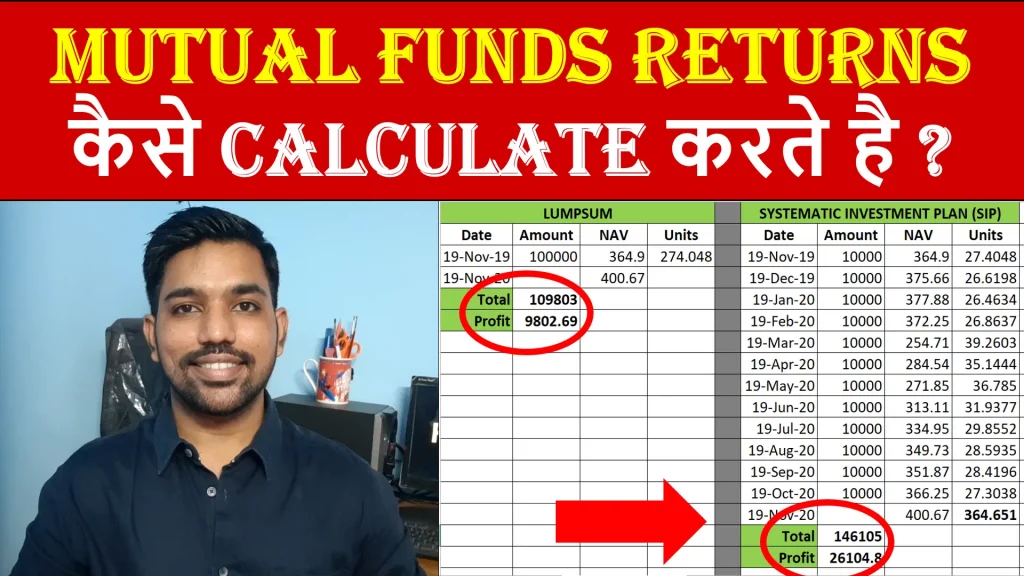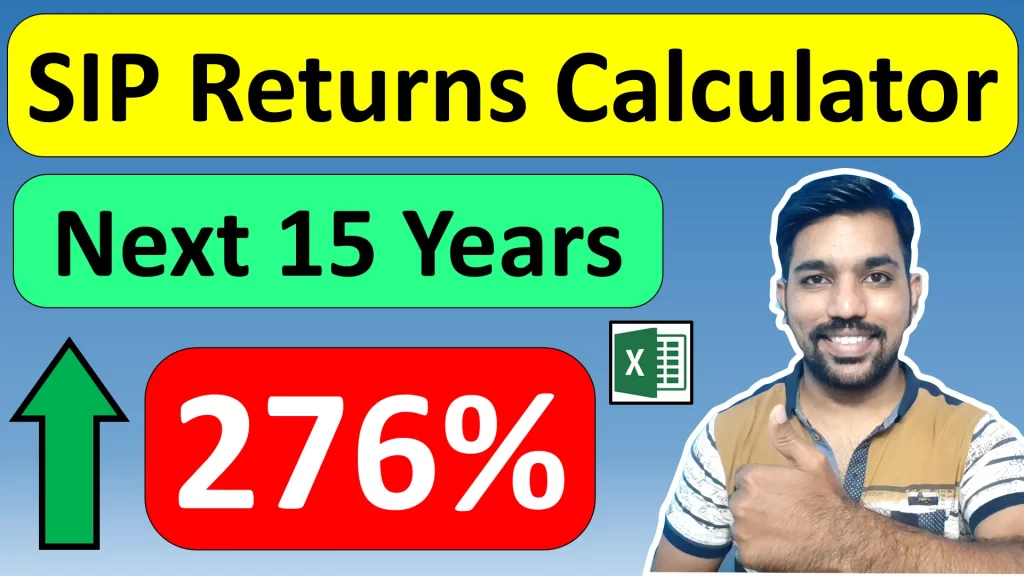Fixed Maturity Plan in mutual fund are the type of debt funds that have fixed maturity period. These funds invest in debt instruments like corporate bonds, commercial papers, certificate of deposits and fixed deposits as well. Fixed Maturity Plan gives indicative returns unlike the fixed returns mentioned on fixed deposits certificate. These are closed ended funds, which means you can buy them during specific time frame like during NFO (New fund offering) opening and sell them only after the maturity. They are not open continuously for buying and selling.
Below are the Key Features of Fixed Maturity Plan (FMP) in Mutual Funds:
| Feature | Description |
| 🔒 Lock-in Period | Investors cannot redeem before maturity unless traded on exchange |
| 📅 Fixed Tenure | Typically ranges from 1 to 5 years |
| 📈 Predictable Returns | Returns are aligned with maturity of underlying instruments |
| 🏦 Debt Instruments | Invests in high-rated bonds, CPs, CDs, G-Secs |
| 📉 Lower Risk | Less sensitive to interest rate fluctuations |
| 🛑 Close-Ended Scheme | Can only invest during NFO (New Fund Offer) |
Let us understand about Fixed Maturity Plan mutual funds in more detail.
What is Fixed Maturity Plan in Mutual Fund?
- Fixed Maturity Plan in Mutual Fund are the type of Debt Mutual Funds that have fixed maturity period
- These funds are closed ended funds which means you can buy them only during specific time frame – like during NFO (New fund offering) opening by fund house
- Unlike other mutual funds, FMP or Fixed Maturity Plan is not open for buying or selling continuously
- These funds are best suited for conservative investors with financial goals of 3 years to 5 years fixed tenure
- FMP invests in debt instruments like corporate bonds, commercial papers, certificate of deposits, etc.
- They usually give returns between 6% to 8% and are best alternatives to savings account interest
- You can also invest in Fixed Maturity Plan as an alternative to Fixed Deposits, we are going to see the differences between FMP and FD below in this article
How FMP works?
The working of FMP or Fixed Maturity plan is quite simple:
- NFO or new fund offering of FMP is offered by fund house during specific time frame
- You need to buy FMP in mutual fund during this time frame
- These funds invest in fixed maturity instruments like corporate bonds, commercial papers, certificate of deposits and sometimes fixed deposits as well in their portfolio
- The fund manager uses the buy and hold strategy in this FMP mutual fund, thus avoiding frequent buying and selling of instruments. This is the reason the expense ratio is low for Fixed Maturity Plan in mutual funds, compared to other debt funds
ALSO READ: Different Types of Mutual Funds
Features of Fixed Maturity Plan
- Fixed Tenure: FMP have fixed tenure and tries to invest in debt instruments having similar maturity period with respect to fund itself
- Close Ended funds: These are close ended funds which means they are open for buying only during specific time frame
- Low Liquidity: Due to their low liquidity, you cannot redeem the mutual fund units before maturity period unlike fixed deposits, which can be considered as disadvantage of Fixed Maturity Plan mutual fund
Fixed Maturity Plan Benefits
Below are some Benefits of Fixed Maturity Plan:
- Low Risk: Fixed Maturity Plan or FMP have low risk compared to other debt and equity mutual funds, since they invest in debt instruments like corporate bonds, commercial papers, certificate of deposits, etc.
- Fixed Tenure: FMP come with a fixed tenure like 3 years or 5 years, which helps to achieve your medium term financial goals. The strategy used here is to buy and hold the instruments to give you better returns compared savings account
- Better Returns: You get better returns compared to savings account and other liquid mutual funds. The returns are similar to fixed deposits
Taxation of Fixed Maturity Plan
| Holding Period | Tax Treatment |
| < 3 Years | Taxed as per income tax slab (STCG) |
| ≥ 3 Years | Taxed at 20% with indexation (LTCG) for profits made before 1st April 2023. After 1st April 2023, taxed as per income tax slab rates. |
| TDS | Not applicable for resident individuals |
Fixed Maturity Plan vs Fixed Deposits
There are certain differences between Fixed Maturity Plan (FMP) and Fixed Deposits (FD):
- Liquidity: Fixed deposits are liquid in nature and can be broken before maturity period. While FMP cannot be withdrawn before maturity period.
- Taxation: Fixed deposits interest amount can be saved under Section 80TTB if you are a senior citizen, where as, the profits made with Fixed Maturity Plan follow the taxation similar to debt funds. Profits will be added to your income and taxed as per income tax slab rates
- Returns: The returns earned in fixed deposits are fixed and are mentioned in fixed deposit certificate, where as the returns from FMP are indicative and can be low or high compared to indicative returns mentioned, depending on the economic conditions
ALSO READ: What is Capital Protection Mutual Funds
Is Fixed Maturity Plan Safe?
Fixed Maturity Plan mutual funds are considered to be having low risk compared to other Debt mutual funds. Since these funds invest in debt instruments, the risk associated is very low as the companies rarely default on the interest payments.
But the returns mentioned in FMP are indicative and are not fixed in contrast to fixed deposits which have fixed returns.
Who Should Invest in FMPs?
- Conservative investors seeking stable returns
- Short- to medium-term planners (1–5 years)
- Senior citizens looking for low risk investments with better returns
- Those comfortable with low liquidity and fixed tenure
Conclusion
So FMP or Fixed Maturity Plan in mutual fund are the type of mutual funds that invest in debt instruments to keep the risk low. They have fixed tenure of maturity which helps you to achieve medium term financial goals.
FMP can be best alternatives to fixed deposits and savings account as they provide indicative returns after maturity. These are close ended mutual funds which means they will be open for buying only during specific time frame and gets matured after the said period.
Usually the debt instruments also have maturity period similar to fund itself to avoid the impact of interest rate movements in market. FMP or Fixed Maturity Plan is best suited for conservative investors who want to park their idle money for better returns while keeping their risk low.
Some more Reading:
- What is Income Mutual Funds
- Rs. 1000 Mutual Funds Returns for 15 Years
- ELSS Mutual Funds to save income tax
Frequently Asked Questions
Is FMP better than FD?
FMP or Fixed Maturity Plan can be considered as one of the alternatives to FD or fixed deposits. FD have guaranteed returns whereas the returns from FMP are indicative and can be low or high based on the economic conditions and underlying debt instruments. FMP have low risk compared to FD which can be 100% safe.
Is FMP tax free?
No, the profits or dividends earned from FMP will be taxed as per the debt mutual funds taxation rules. The profits will be added to your income and taxed as per your income tax slab rates when mutual fund is have less than 35% equity exposure, which is the case in most debt funds.
What is the tax treatment of fixed maturity plan?
The profits earned in fixed maturity plan or FMP will be added to your income and taxed accordingly based on income tax slab rates, like other debt mutual funds. So FMP are not tax free.
What happens when FMP matures?
When FMP matures, you get your principal amount back along with the profits your earned over the fixed maturity period. The returns can be similar to the indicative returns that was mentioned while you bought FMP.
Save Home Loan Interest Amount!
Use Home Loan Excel Calculator that will help you to Save Interest Amount on Home Loan EMI.
Click below button to download Home Loan EMI and Prepayment Calculator in Excel:
Watch how Home Loan Calculator in Excel Works
Income Tax Calculator App – FinCalC
For Income Tax Calculation on your mobile device, you can Download my Android App “FinCalC” which I have developed for you to make your income tax calculation easy.
What you can do with this mobile App?
- Calculate Income Tax for FY 2025-26 and previous FY 2024-25
- Enter estimated Investments to check income tax with Old and New Tax Regime
- Save income tax details and track regularly
- Know how much to invest more to save income tax
- More calculators including PPF, SIP returns, Savings account interest and lot more

Use Popular Calculators:
- Income Tax Calculator
- Home Loan EMI Calculator
- SIP Calculator
- PPF Calculator
- HRA Calculator
- Step up SIP Calculator
- Savings Account Interest Calculator
- Lump sum Calculator
- FD Calculator
- RD Calculator
- Car Loan EMI Calculator
- Bike Loan EMI Calculator
- Sukanya Samriddhi Calculator
- Provident Fund Calculator
- Senior Citizen Savings Calculator
- NSC Calculator
- Monthly Income Scheme Calculator
- Mahila Samman Savings Calculator
- Systematic Withdrawal Calculator
- CAGR Calculator
I’d love to hear from you if you have any queries about Personal Finance and Money Management.
JOIN Telegram Group and stay updated with latest Personal Finance News and Topics.
Download our Free Android App – FinCalC to Calculate Income Tax and Interest on various small Saving Schemes in India including PPF, NSC, SIP and lot more.
Follow the Blog and Subscribe to YouTube Channel to stay updated about Personal Finance and Money Management topics.





